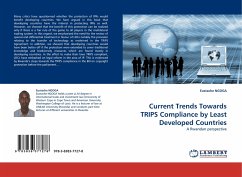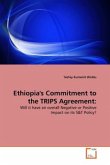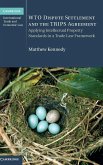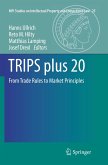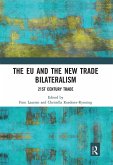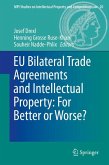World Trade Organization (WTO) members may implement in their national intellectual property (IP) laws more extensive protection than is required by the Agreement on Trade-Related Aspects of Intellectual Property Rights (TRIPS). Since the entry into force of TRIPS, a number of states have concluded bilateral TRIPS-plus treaties which provide for a higher minimum level of IP protection than is otherwise required under the already onerous TRIPS. This raises the issue of the extent to which two (or some other limited number of) parties to TRIPS may modify, as between themselves, its provisions. This work suggests that the need to avoid impeding the objectives of TRIPS is an important yet oft-disregarded constraint on IP bilateralism. The argument is made that while parties to TRIPS are given broad discretion as to the scope of permissible bilateral modifications, there are certain TRIPS provisions which are so closely linked to the Agreement s objectives that derogating from them ona bilateral basis (without nullifying or impairing the benefits of third parties accruing to them under TRIPS) would be incompatible with the effective execution of the object and purpose of TRIPS.
Bitte wählen Sie Ihr Anliegen aus.
Rechnungen
Retourenschein anfordern
Bestellstatus
Storno


